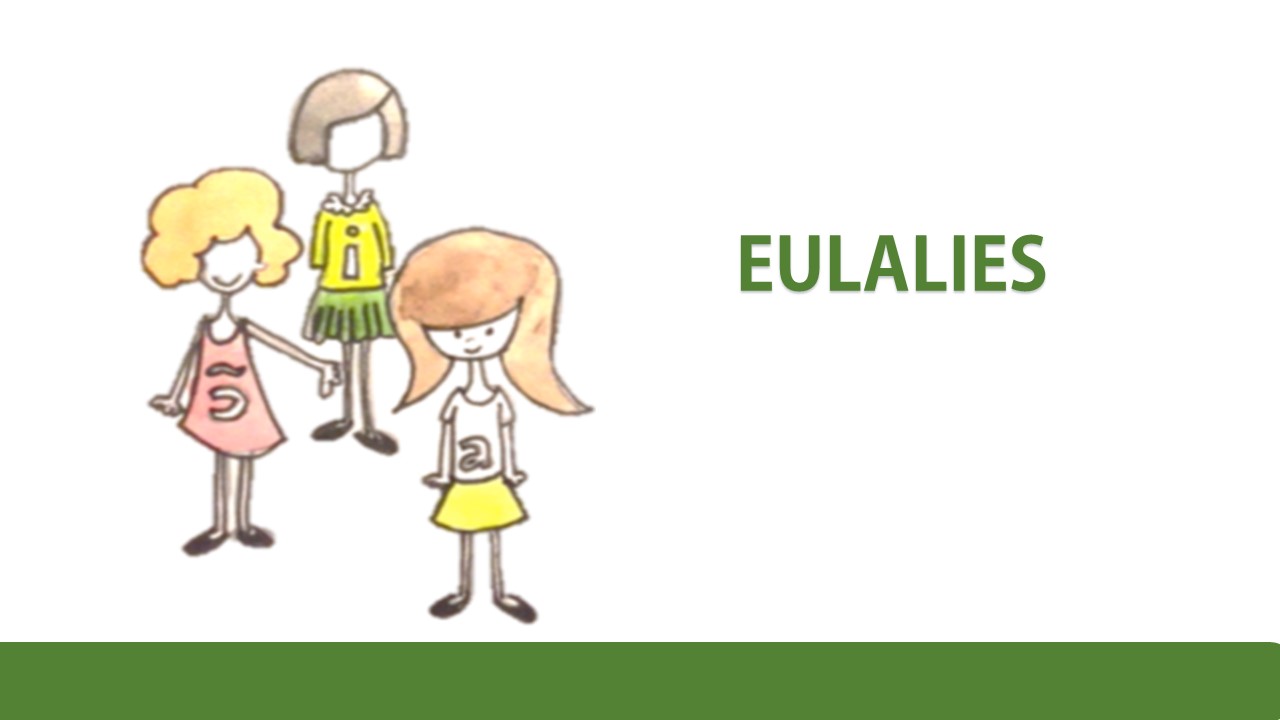- Share
- Share on Facebook
- Share on X
- Share on LinkedIn
Equipe Langage, Research

A new tool for the assessment of Speech Sound Disorders in French-speaking children – EULALIES
Children with Speech Sound Disorders (SSD) ‘‘can have any combination of difficulties with perception, articulation/ motor production, and/or phonological representation of speech segments (consonants and vowels), phonotactics (syllable and word shapes), and prosody (lexical and grammatical tones, rhythm, stress, and intonation) that may impact speech intelligibility and acceptability’’ (International Expert Panel on Multilingual Children’s Speech, 2012). These disorders are highly prevalent, as they affect between 10 and 15% of preschool-aged children and 6% of school-aged children (American Speech Hearing Language Association, 2000; McLeod and Harrison, 2009). They can hamper language development and affect academic achievement and social inclusion. Yet, the underlying pathological processes of Speech Sound Disorders remain largely unknown (MacLeod et al. 2014), and there is no universal and agreed upon classification system (Waring & Knight, 2013). The situation is particularly troubling for languages other than English, as the classifying systems have been built to explain symptoms observed in English, and few attempts have been made to explore their applicability cross-linguistically. In French, particularly, no comprehensive and specific assessment tool for Speech Sound Disorders is available for clinicians. In addition, there is a clear lack of reference data on the phonological development of typically developing French-speaking children (MacLeod et al. 2011, Brosseau-Lapré et al. 2018). This lack of tools and data is in evident contradiction with current recommendations for evidence-based clinical practice. EULALIES is an international collaborative project that brings together researchers and clinicians from France and Canada in order to (1) develop a standardized assessment tool for SSD in French, implemented via a software interface to facilitate test administration and semi-automatize analyses, (2) develop normative data on the phonological development of typical French-speaking children from early preschool ages to later stages, and (3) establish specific clinical markers for different subtypes of SSD in French, that take into account the linguistic specificities of the France and Quebec varieties.
This project will have evident clinical impact, as our goal is to provide French-speaking clinicians with a new standardized and semi-automatized tool for the evaluation of SSD. This means better practice, better treatment, better care for the children. We are working in conjunction with speech and language therapists, and we are very much committed to making our results and tools available to the speech and language clinicians, through training sessions for SLT students or professionals. The project is also designed to have theoretical impact, as it will provide basis for important research on language-specific phonological development and disorders. It will advance fundamental research on typical phonological development, first, as we will build a large database on the acquisition of French covering a wide age span and different linguistic varieties. This database should foster new directions of research on the explaining factors of speech development. The project will also impact clinical research, as we will provide a wealth of data on different phonological processes at stake in SSD. These data will be made accessible to the scientific community on the PhonBank platform (Rose & MacWhinney, 2014). Finally, the EULALIES project is meant to have crucial social impact, since better knowledge on typical phonological development in French and better evaluation of SSD mean earlier and better adapted intervention, which will in turn help alleviate the academic and social-emotional difficulties that have been shown to pervade into adulthood (Pennington et Bishop, 2009, Felsenfeld et al., 1994, McCormack et al. 2009).
Coordinator & Partners
LPNC : Hélène Lœvenbruck, Geneviève Meloni, Marie-Ange Nguyen-Morel
CRTLA CHU Grenole Alpes : Estelle Gillet-Perret, Marie-Ange Nguyen-Morel
Laboratoire Dynamique Du Langage, Lyon : Sophie Kern et Mélanie Canault
Université de Montréal, Canada : Geneviève Meloni, Douglas Shiller
Université de Liège, Belgique : Christelle Maillart
Beginning and duration of the scientific project: September 2019 - 48 Months
- Share
- Share on Facebook
- Share on X
- Share on LinkedIn
